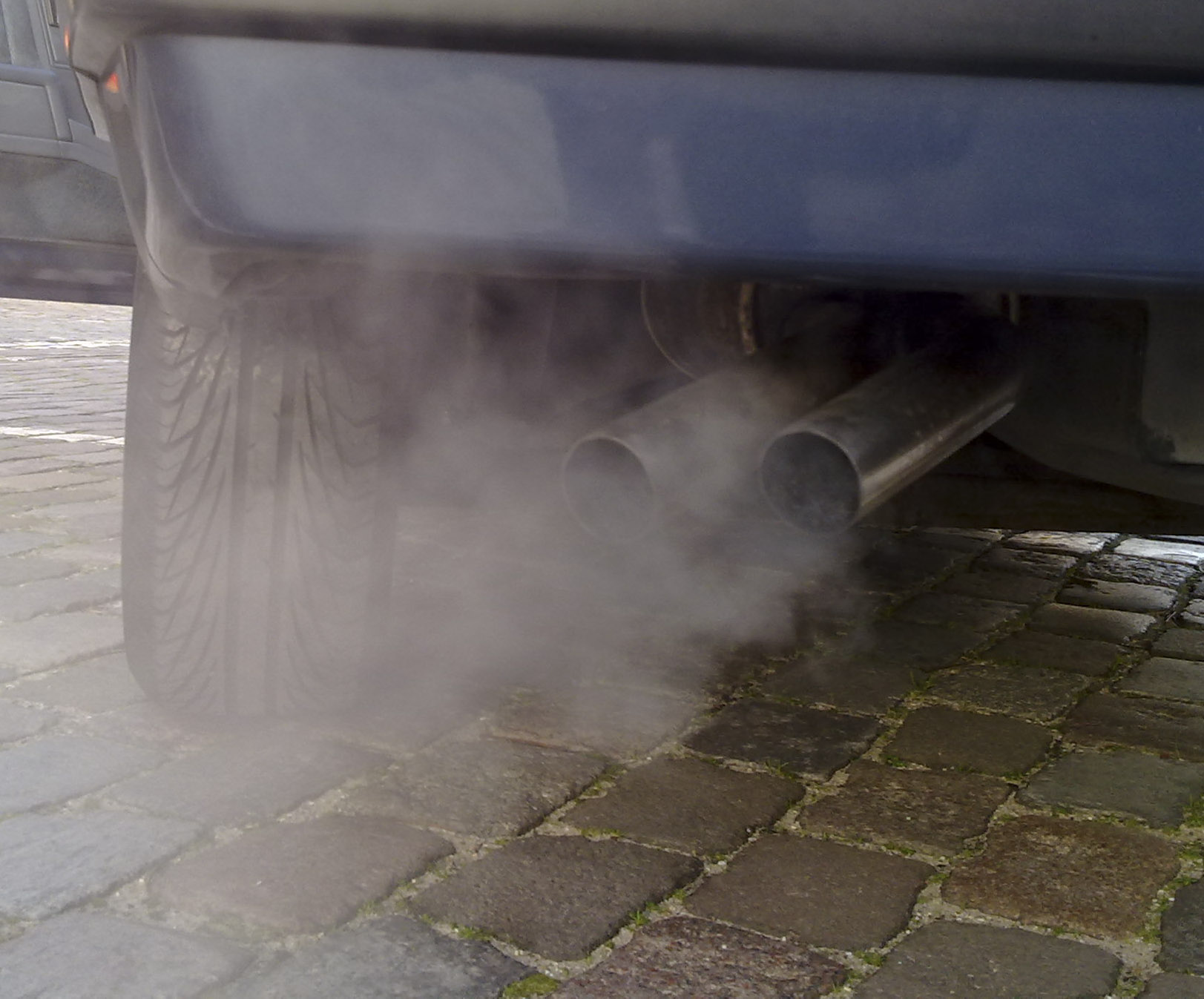Bishopston & Ashley Down Labour Party The website of the Labour Party in Bishopston & Ashley Down ward
Did you know that it’s illegal to leave your vehicle engine idling while stationary? I’ll admit, it does sound a bit like the nanny state interfering in people’s lives, but I’m certain that the benefits gained are worth it.
An idling engine can produce up to twice as many exhaust emissions as an engine in motion. This includes carbon monoxide, nitrogen dioxide, and particulate matter, all of which are particularly high along Gloucester Road and in Bristol generally. Plus, of course, an engine that’s off doesn’t use fuel, so it’s in all of our best interests to stop our vehicles from idling unnecessarily.
 As you would expect, “unnecessary idling” excludes vehicles in traffic, stopped at traffic lights, or whilst defrosting windscreens. But it does include keeping the engine on to keep the inside of the car warm. An engine that’s been on takes an hour to cool down though, so keeping the ignition on and engine off should still give you enough hot air to keep warm. The same goes for catalytic converters, which can use the residual heat to keep working (as they need to be warm to work).
As you would expect, “unnecessary idling” excludes vehicles in traffic, stopped at traffic lights, or whilst defrosting windscreens. But it does include keeping the engine on to keep the inside of the car warm. An engine that’s been on takes an hour to cool down though, so keeping the ignition on and engine off should still give you enough hot air to keep warm. The same goes for catalytic converters, which can use the residual heat to keep working (as they need to be warm to work).
The basic rule of thumb for when to turn your engine off is that, if you’re stationary and not in traffic (so parked, loading, in a lay-by, etc.) you should consider turning your engine off. Turning your engine off and re-starting it doesn’t use any extra fuel, so you’ll save fuel overall (as the engine uses fuel when idling) and you’ll produce less pollution too.
The law states that you may be fined if you don’t turn your engine off when asked, but a Freedom of Information Request to Bristol City Council in March this year stated that the Council doesn’t even know how many such penalties it’s handed out (if any!) in recent years. I think the Council should enforce the law in this respect, and all will benefit as a result.
By turning off your engine you improve air quality and reduce fuels costs. Reducing air pollutants can help cut heart disease, reduce lung cancer and prevent asthma attacks. The Council should work to raise awareness of these benefits, to actually enforce the law, and to help with encouraging cleaner vehicles (through more electric vehicle charging points, for instance).
